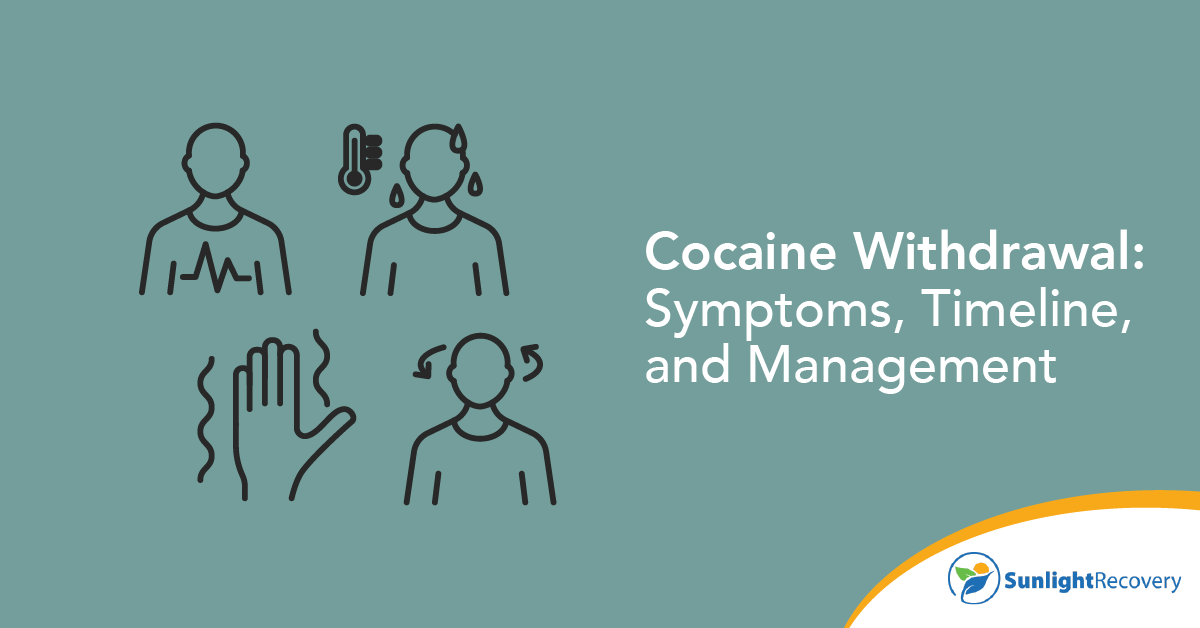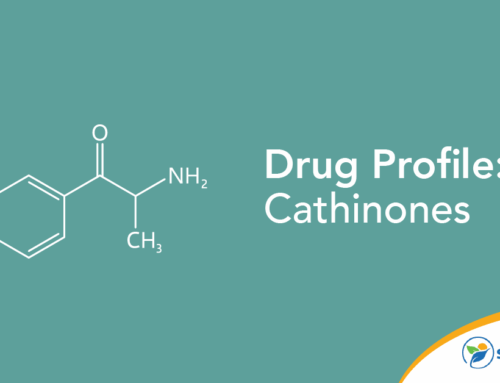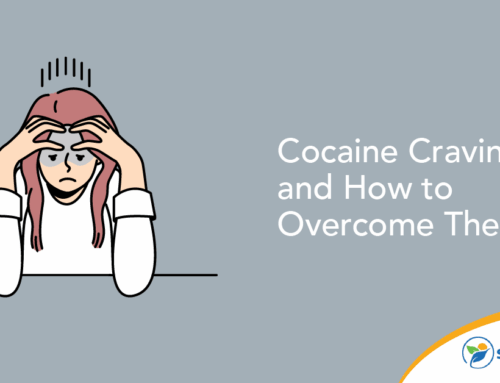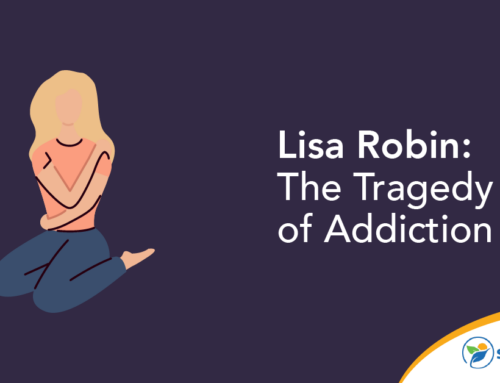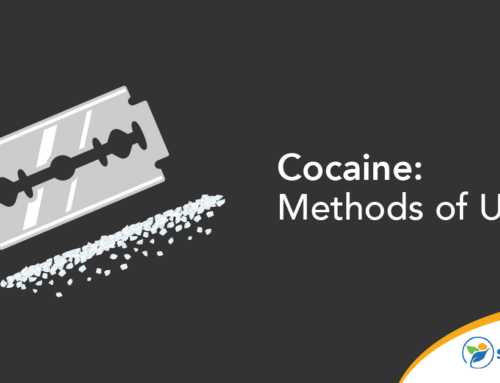Cocaine is a powerful stimulant that creates intense but short-lived euphoria by flooding the brain with dopamine. When you stop using cocaine, your brain chemistry needs time to rebalance, leading to withdrawal symptoms that can vary in intensity and duration. The cocaine withdrawal timeline typically spans several weeks, with symptoms peaking within the first few days after your last use and gradually subsiding thereafter.
If you’re a cocaine user, you’re not alone. Research shows 7.4% of Americans over the age of 12 have some type of substance use disorder. Whether you’re considering treatment or supporting someone through recovery, knowing what to expect during cocaine withdrawals can be invaluable. This article explores the common symptoms, timeline and effective management strategies to help you navigate this challenging but ultimately rewarding process.
Common Symptoms of Cocaine Withdrawal
When you stop using cocaine after regular use, your body and mind must adjust to functioning without the drug. This adjustment period comes with various symptoms that can affect you physically and psychologically.
Physical symptoms you may experience include:
- Fatigue and increased need for sleep
- Increased appetite
- Physical discomfort or pain
- Restlessness
- Slowed thinking and movement
- Tremors or muscle aches
Psychological symptoms often include:
- Intense cravings for cocaine
- Depression and anxiety
- Irritability and mood swings
- Difficulty concentrating
- Anhedonia (inability to feel pleasure)
- Vivid, unpleasant dreams
- Increased suicidal thoughts in some cases
The severity of these symptoms can depend on several factors, including how long you’ve been using cocaine and the amount and frequency of use. Your overall physical and mental health and genetic predisposition to addiction also play a role.
While cocaine withdrawal is rarely life-threatening like withdrawal from alcohol or benzodiazepines, the psychological symptoms can be intense and potentially dangerous, particularly the risk of depression and suicidal thoughts.
The Cocaine Withdrawal Timeline: What to Expect
How long does cocaine withdrawal last? The timeline can vary from person to person, but there’s a general pattern most people experience. Understanding this timeline can help you prepare and persevere through the challenging periods.
Phase 1: The Crash (Days 1 to 3)
The initial crash begins within hours of your last dose as cocaine leaves your system:
-
- Intense cravings
- Extreme fatigue and increased sleep
- Irritability and anxiety
- Hunger
- Depression
- Discomfort
During this phase, you may sleep for extended periods and experience vivid or disturbing dreams.
Phase 2: Acute Withdrawal (Days 4 to 10)
As you move beyond the initial crash, you may experience:
-
- Continued but less intense cravings
- Mood swings
- Restlessness and agitation
- Difficulty concentrating
- Lethargy
- Ongoing depression
This phase is often the most challenging psychologically as your brain chemistry continues to adjust.
Phase 3: Extended Withdrawal (Weeks 2 to 4)
During this period, many physical symptoms begin to subside, but psychological challenges persist, such as:
-
- Intermittent cravings
- Gradual improvement in mood
- Lingering depression and anxiety
- Improving concentration and energy levels
Phase 4: Post-Acute Withdrawal Syndrome (PAWS) (Months 1 to 6)
For some individuals, certain symptoms may persist for months, including:
-
- Occasional cravings, particularly in response to triggers
- Episodes of depression or anxiety
- Sleep disturbances
- Difficulty feeling pleasure
The cocaine withdrawal timeline varies based on individual factors, but most acute symptoms begin to improve significantly within 1 to 2 weeks after your last use. However, cravings and psychological symptoms can persist and arise unexpectedly for months or even years, especially when faced with triggers associated with past cocaine use.
Managing Withdrawal: Medical and Therapeutic Approaches
Navigating cocaine withdrawal successfully often requires professional support. There are several evidence-based approaches that can help you manage symptoms and reduce discomfort.
Medical Management
While there are currently no FDA-approved medications specifically for cocaine withdrawal, medical professionals may prescribe medications to address specific symptoms:
- Antidepressants for depression and anxiety
- Sleep aids for insomnia
- Anti-anxiety medications
- Medications to address cravings
Medical supervision is particularly important if you have co-occurring mental health conditions, a history of severe depression or suicidal thoughts or are withdrawing from multiple substances. Any underlying health conditions may also play a role.
Therapeutic Approaches
Therapy plays an important role in managing cocaine withdrawal and preventing relapse. This includes group therapy, which provides peer support, and cognitive behavioral therapy, which helps identify and change thought patterns that lead to drug use. You may also find that contingency management provides tangible rewards for maintaining sobriety and motivational Interviewing helps strengthen your commitment to recovery.
Inpatient vs. Outpatient Treatment
Your treatment setting will depend on a number of factors. Options generally include:
- Inpatient/residential treatment that provides 24-7 supervision and support, which is beneficial for those with severe addiction, co-occurring disorders or limited support at home
- Outpatient programs that let you live at home while receiving regular treatment, which is especially suitable for those with milder addiction and strong support systems
- Intensive outpatient programs that offer a middle ground with more intensive treatment while still letting you maintain daily responsibilities
Long-Term Recovery Strategies After Cocaine Withdrawal
Successfully navigating the cocaine withdrawal timeline is just the beginning of your recovery journey. Long-term strategies are essential for maintaining sobriety and rebuilding your life.
Building a Support Network
Recovery thrives with support:
-
- Regular attendance at support groups like Narcotics Anonymous
- Maintaining connections with sober friends and family
- Working with a sponsor or recovery coach
- Continuing therapy as needed
Developing Healthy Coping Skills
Replacing cocaine use with healthy alternatives is very important:
-
- Regular exercise to boost natural endorphins
- Mindfulness and meditation practices
- Creative outlets like art, music or writing
- Stress management techniques
Lifestyle Changes
Creating a lifestyle conducive to recovery includes:
-
- Establishing regular sleep patterns
- Maintaining proper nutrition
- Setting and working toward meaningful goals
- Avoiding people, places and situations associated with past drug use
- Building structure and routine into daily life
Recovery from addiction is a long-term process that often requires multiple episodes of treatment. Being patient with yourself and recognizing recovery as an ongoing journey rather than a destination is essential for long-term success.
Ready to Start Your Recovery Journey?
If you or someone you love is struggling with cocaine addiction, professional help can make all the difference in navigating the withdrawal process safely and comfortably. Sunlight Recovery offers comprehensive, personalized treatment programs designed to support you through every stage of recovery, from detoxification and withdrawal management to long-term sobriety planning.
Our experienced team of addiction specialists provides evidence-based care in a supportive, nonjudgmental environment. We understand the challenges of cocaine withdrawal and are committed to helping you navigate the process and emerge stronger on the other side.
Don’t face cocaine withdrawal alone. Contact Sunlight Recovery today to learn more about our programs and take the first step toward a brighter, drug-free future. Your new life is waiting, so reach out now to begin the journey.


